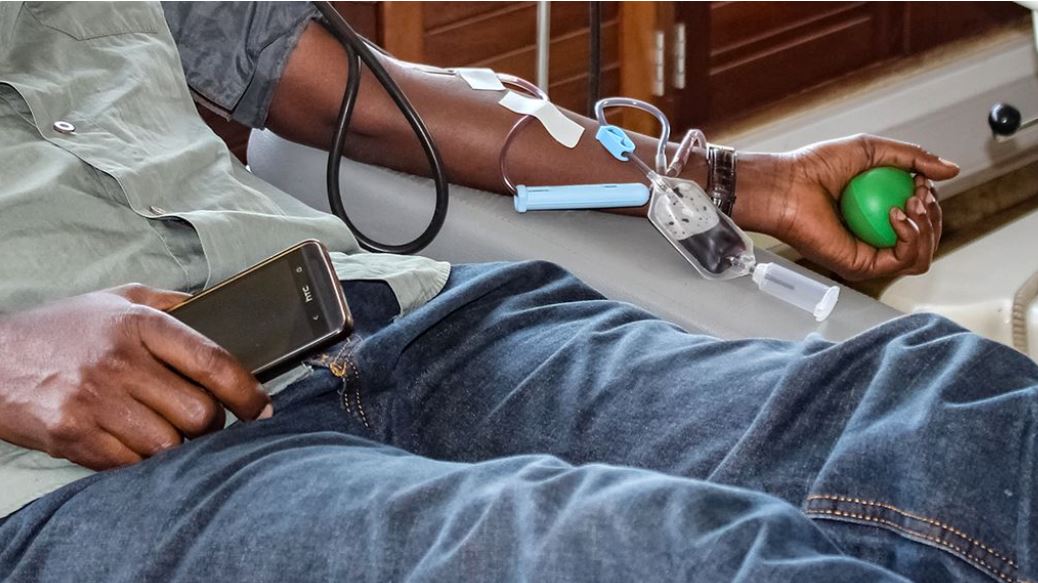It may sound unbelievable to some, but for certain Christians in Nigeria, refusing a blood transfusion is a matter of spiritual obedience. And that decision can carry life-or-death consequences.
“…you must not eat blood.” Leviticus 17:10
“…abstain from blood.” Acts 15:29
To many mainstream Christians, these verses are symbolic or dietary. But to groups like Jehovah’s Witnesses, they are taken literally. They believe that accepting blood, whether by mouth or through a vein, is disobedience to God.
To them, blood is sacred, representing life itself. Taking in someone else’s blood is seen as violating God’s command to keep oneself “clean” in his eyes. Even in emergencies, they are taught to trust God’s will, even if it means death.
Which Nigerian Christians believe this?
The most prominent group in Nigeria that rejects blood transfusions is the Jehovah’s Witnesses. With tens of thousands of members nationwide, they are well-known for their door-to-door evangelism, clean living, and strict adherence to Scripture.
It’s important to note that the majority of Nigerian Christian denominations, including Catholics, Anglicans, Baptists, and most Pentecostals, do not reject blood transfusions and see no conflict with their faith.
What does Nigerian law say?
However, the situation becomes tricky when it involves children. If a parent refuses a transfusion for a minor, doctors can sometimes seek a court order to intervene in the child’s best interest, especially if death is imminent.
In most government hospitals, doctors work under the guidelines of the Nigerian Medical Association (NMA), which prioritises saving lives. But in faith-based hospitals, medical staff may face internal pressure to respect religious beliefs first.
What do they accept instead of blood?
Interestingly, Jehovah’s Witnesses and similar groups are not against all forms of medical care. Many will accept:
- Non-blood volume expanders like saline or Ringer’s lactate
- Cell salvage, which collects and returns the patient’s own blood
- Erythropoietin (EPO) to stimulate red blood cell production
- Blood fractions like albumin, immunoglobulins, or clotting factors (depending on individual conscience)
So, while they refuse whole blood, they often opt for alternative therapies that align with their interpretation of Scripture.
Real-life consequences and emotional toll
In 2022, a Lagos-based doctor who chose to remain anonymous shared how a 28-year-old patient with severe anaemia refused a transfusion due to her faith. “She kept praying,” the doctor recalled, “…and I kept hoping we could stabilise her with iron and fluids. She didn’t make it.”
The debate around rejecting blood transfusions forces us to ask hard questions: Is it truly faith when it costs a life? Or is it freedom, the right to die on your own terms?
For many others, especially those outside the belief system, it feels extreme and unnecessary.
In the end, it’s not just blood. Blood carries weight. Spiritually. Medically. Emotionally.
Whether we agree or not, these choices are deeply personal, and we must respect their beliefs, regardless.






















